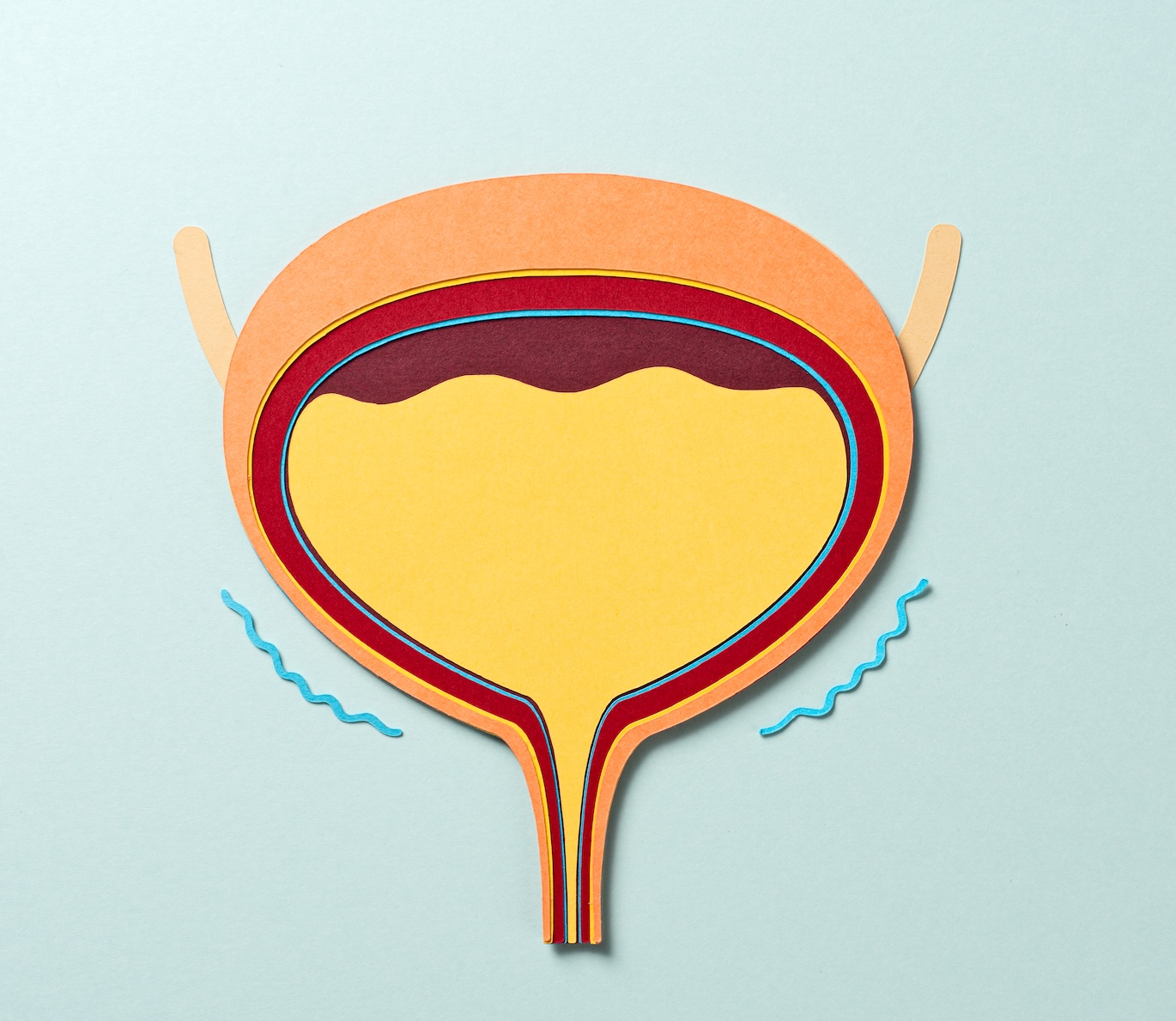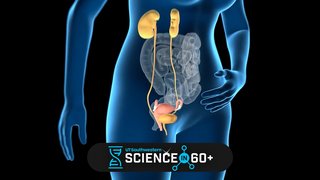Search for opportunities to participate in a kidney or urinary system research study.
Urinary Tract Infection
New Patient Appointment or 214-645-8765
MedBlog
Results: 4 Locations
West Campus Building 3
2001 Inwood RoadDallas, Texas 75390 214-645-8300 Directions to West Campus Building 3, Dallas Parking Info for West Campus Building 3
Primary Care
at UT Southwestern Medical Center at Park Cities 8611 Hillcrest Road, 3rd FloorDallas, Texas 75225 214-692-3150 Directions to Primary Care at UT Southwestern Medical Center at Park Cities, Dallas Parking Info for Primary Care
Urogynecology and Reconstructive Pelvic Surgery Clinic
at Professional Office Building 2 5939 Harry Hines Blvd., 5th Floor, Suite HQ 5.200Dallas, Texas 75390 214-645-3848 Directions to Urogynecology and Reconstructive Pelvic Surgery Clinic at Professional Office Building 2, Dallas Parking Info for Urogynecology and Reconstructive Pelvic Surgery Clinic
Urology
at UT Southwestern Frisco 12500 Dallas Parkway, 3rd FloorFrisco, Texas 75033 469-604-9170 Directions to Urology at UT Southwestern Frisco, Frisco Parking Info for Urology










